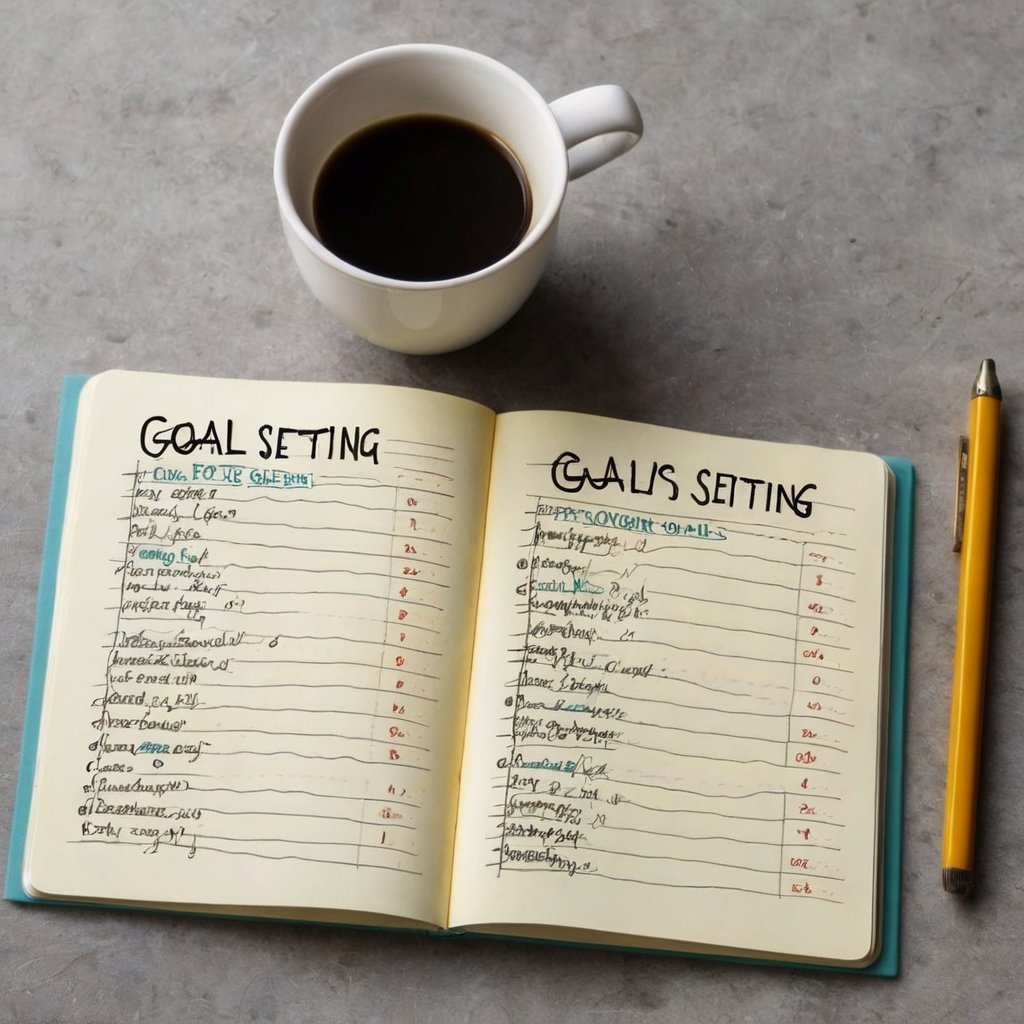When James started college, he was ambitious and aimed to become an engineer. He excelled in classes and made friends easily. After his first semester, he celebrated at a party and was introduced to alcohol. Initially, it was just for socializing, but over time, he drank more frequently.
By his junior year, James was no longer excelling. He missed classes, failed exams, and strained his friendships. Alcohol became his escape from stress and loneliness. One night, he drank heavily, blacked out, and woke up in the hospital after a fall. This was his wake-up call.
James decided to change. He sought help from a counselor, attended support groups, and reconnected with family. Gradually, he rebuilt his life, one sober day at a time. He graduated a year late but with resilience and purpose.
Today, James is a successful engineer who supports others struggling with addiction. His journey taught him that seeking help is a strength and that recovery, though challenging, is filled with hope.
Addiction is a long-term condition where a person can’t stop doing something that feels good, even if it causes harm. Moreover, it changes how the brain works and can seriously disrupt everyday life. Additionally, each form of addiction involves a cycle of craving, usage, and withdrawal, requiring targeted treatment and support for recovery.
Various forms of addiction include:
- Substance Addiction: Dependence on drugs (e.g., opioids, cocaine) or alcohol.
- Behavioral Addiction: Compulsive behaviors like gambling, internet use, gaming, and shopping.
- Food Addiction: Uncontrollable eating habits, often linked to certain types of food.
- Nicotine Addiction: Dependence on tobacco products, mainly cigarettes.
- Prescription Drug Addiction: Misuse of medications like painkillers, sedatives, or stimulants.
Starting the journey to quit addiction can feel overwhelming, but you’re not alone. Here, we provide valuable information, support, and strategies to help you overcome addiction and take back control of your life. Whether it’s substance abuse, behavioral addictions, or any other form, our goal is to empower you with the knowledge and resources for positive change.
Understanding Addiction
The Science of Addiction
Addiction deeply affects both the brain and body by disrupting the brain’s reward system and changing how neurotransmitters function.
Addiction takes control of the brain’s reward system, flooding it with dopamine during addictive behaviors, which strengthens the desire to repeat those actions. Dopamine, a crucial neurotransmitter, governs pleasure and motivation; addiction can alter its levels, impacting decision-making and fostering dependency. Moreover, chronic substance abuse or compulsive behaviors can physically change the brain’s structure and function, compromising impulse control and perpetuating cycles of addiction.
Understanding Addiction as a Brain Disease – Recognizing addiction as a brain disease shifts the focus from moral judgment to scientific understanding. It highlights the need for comprehensive treatment approaches addressing both biological and psychological factors, offering hope for recovery and a renewed quality of life.
Types of Addictions
Substance Addictions: Substance addictions arise from regular use of alcohol, drugs, or nicotine, altering brain chemistry and causing dependence.
Behavioral Addictions: Behavioral addictions involve compulsive behaviors that provide a reward or pleasure similar to substance use.
Causes of Addiction
Genetic Factors
- Genetics significantly influence addiction susceptibility.
- Certain traits affect how the brain responds to substances or behaviors, increasing addiction risk.
- A family history of addiction can also contribute, indicating a genetic predisposition inherited across generations.
Environmental Influences
- Environmental factors significantly impact addiction development:
- Early substance exposure
- Peer pressure
- Stressful life events
- Socioeconomic status
- Accessibility to addictive substances or behaviors in the environment also affects susceptibility.
- Childhood trauma or neglect (ACEs) can contribute to later addictive behaviors.
Psychological Triggers
- Psychological triggers are emotional, social, or environmental cues that can prompt or reinforce addictive behaviors.
- These triggers vary widely and can include:
- Stress
- Trauma
- Boredom
- Loneliness
- Social pressure
- Individuals may use addictive substances or behaviors as coping mechanisms to manage difficult emotions or situations.
- Over time, these behaviors can become ingrained habits, making it challenging to break free from addiction.
Recognizing the Actual Problem
Identifying addiction involves spotting physical changes such as weakened immune system, irritability, withdrawal from social activities, and defensive reaction.
What is it’s impact on Personal and Professional life?
Watch for disruptions in relationships, job performance, finances, and overall well-being.
Questions to Ask Yourself
- How does [substance or behavior] shape my life?
- What emotions arise when I engage in [substance or behavior]?
- Have my habits changed over time?
- Do I experience cravings or discomfort when abstaining?
- How does [substance or behavior] impact my relationships and daily life?
Steps to Quit an Addiction

- Acknowledgment and Acceptance
The initial step in overcoming addiction is recognizing its impact on your life and embracing the necessity for change. This self-awareness is essential to begin your path to recovery.
- Seeking Help
Don’t do it alone. Seek professional help from therapists, counselors. Joining support groups like can provide experiences, making the journey less daunting.
- Developing a Plan
Create a structured recovery plan. Set realistic goals and break them down into actionable steps. A clear plan provides direction and helps track progress.
- Behavioral Changes
- Relapse Prevention
- Recognizing Early Signs: Learn to identify signs of potential relapse, such as increased stress, mood changes, or a return to old habits.
- Preventive Strategies: Stay connected with your support network, continue therapy, practice mindfulness, and regularly update your recovery plan to address new challenges.
Resources for Quitting Addiction
Helplines
- National Drug Dependence Treatment Centre (NDDTC): 1800-11-0031
- Ministry of Social Justice and Empowerment – National Helpline: 14446
- Alcoholics Anonymous India: www.aagsoindia.org (local helpline numbers available on the website)
Books
- “Alcoholics Anonymous: The Big Book” by Alcoholics Anonymous
- “Clean” by Dr. David Sheff
- “The Easy Way to Stop Smoking” by Allen Carr
Websites
- Alcoholics Anonymous India: www.aagsoindia.org
- Narcotics Anonymous India: www.naindia.in
- SMART Recovery: www.smartrecovery.org (offers online meetings and resources)
Apps
- QuitSure: An app designed to help individuals quit smoking using a holistic approach.
- Nomo: A sobriety tracking app that helps you stay accountable and track your progress.
- I Am Sober: An app that tracks your sobriety, provides daily motivation, and connects you with a community.
Beating addiction is tough, but it’s essential to remember that it can be done. Many people have successfully escaped the grip of addiction, and you can do it too. Every step you take, no matter how small, brings you closer to a healthier, more fulfilling life. Believe in your ability to change and know that you have the strength to overcome this.
Start today by acknowledging addiction in your life and accepting the need for change. Seek help from a trusted friend, support group, or professional. Every step you take towards recovery is a positive move forward. Don’t wait for the perfect moment; begin your journey to a better future now.



